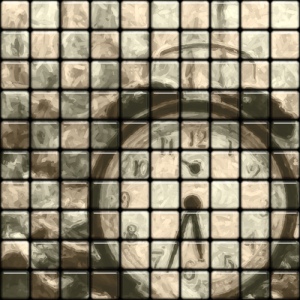 It’s happened to me so many times. I wake up. Get dressed. Have breakfast. Sort out my to do list. I pick away at them here and there. Have lunch. Have dinner. Then get to the end of my day. I get everything done, but I have a feeling it shouldn’t have taken me as long as it did.
It’s happened to me so many times. I wake up. Get dressed. Have breakfast. Sort out my to do list. I pick away at them here and there. Have lunch. Have dinner. Then get to the end of my day. I get everything done, but I have a feeling it shouldn’t have taken me as long as it did.
Tasks always have a way of filling up as much time as you give them.
If you give yourself one hour to respond to emails, it will take one hour to finish them. If you give yourself one day to get that project done, it will take one day to finish it.
Set Concrete Goals To Stay On Track
One of the best ways to manage your time is to set concrete, attainable goals. This will give you direction for the day and a clearer focus on what you actually need to get done. When you get to the end of the day, you will be clear on exactly what you accomplished.
Don’t be vague and write something that’s not a specific goal. For example, this morning I had to finish a few things for a major research project I’m working on. Instead of saying, “I’ll go to Starbucks and read for a while,” I said: “At 9 a.m., I’ll go to Starbucks for two hours. By the time that two hours is over, I will have finished reading a key article for my project, locate additional resources, and write out a rough outline of my report.”
And did you notice something else?
Break The Big Task Into Smaller Parts
It’s important to break down a big task into small tasks that you can manage. A huge project looks threatening. A list of mini-projects looks much more manageable. This is beneficial practically and psychologically. Notice that in my example, rather than having a big vague goal like, “finish my research project,” I broke the task down into small goals:
- Read the most important article
- Locate additional resources
- Create a rough report outline
Having specific sub-steps will help you focus all the way through and knock things out in no time. Nothing will keep you on track better than concrete goals.
Don’t Forget To Relax
You will always feel a bit overwhelmed with the demands of life and no time management tip will fix everything, but you can set concrete goals to get your most important tasks done first. Take a little weight off of your shoulders.
As always, when you’re done working, set aside a little time to rest and do something you enjoy on a personal level. This will keep you from running on empty.
So remember: Take a big task and break it into small mini-tasks. It’s easier to finish a list of small tasks than a mammoth project. Your to-do list will also look much less intimidating.
Have you ever tried breaking down your day into specific goals? How did it work for you? Leave a comment and tell me about it. Be sure to check out my Facebook or Twitter page. And don’t forget to share this article with someone who needs it.



